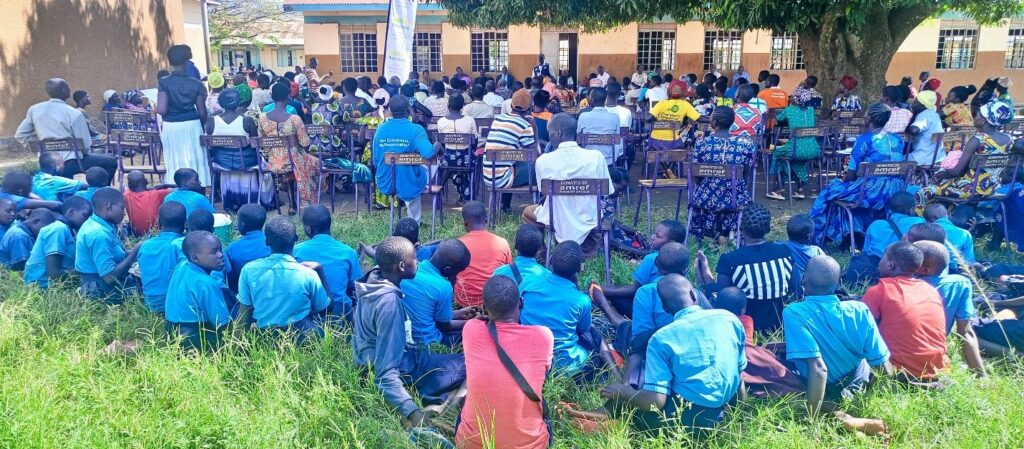The late, great Canadian songwriter and poet, Leonard Cohen, told us:
There’s a crack in everything. That’s how the light gets in.
Cohen wrote frankly and often about his mental health challenges. Throughout his career, he confronted stigma, offering empathy to those who endure bleak moments when they see only darkness. Whatever you think of Cohen’s music, his honesty, at a time before people spoke openly about such personal problems, was admirable.

This year on World Mental Health Day we celebrate brave individuals with the courage to dispel the fog surrounding post-traumatic stress disorder and depression. The message is getting through in many cultures: in popular fiction and film, it is now normal for the hero to be battling the ghosts of a distressing or violent past episode.
Yet, in too many places around the world – often in war-torn communities where empathy is most needed – ignorance persists. For instance, women and girls may still be “blamed” for surviving sexual assault. Instead of being offered support and sympathy, they are shunned because they did not die when they were raped. This rejection compounds the shattering trauma of physical violence.
What is Network for Africa doing?
In our projects in Uganda, Rwanda, and Sierra Leone we tackle the culture of shaming by empowering local voices to challenge stigma and superstition. Our local partners enlist respected community leaders to confront cruel attitudes to trauma. Our messengers meet with thousands of students, officials, leaders and other community figures, dispelling myths and superstition using medical science and compassion.

But analysing the problem and dispelling the popular myths surrounding trauma isn’t enough. By working village by village, our partners provide counselling (individual and group therapy) for those who need it. We appeal to relatives to bring for diagnosis and treatment those family members who are suffering in isolation, and often in appalling conditions.
The crack that lets the light in? Finding out you are not alone, whether you are a care-giver, or someone suffering from trauma. Thank you for supporting Network for Africa’s work. Please visit our donation page to continue to help us.